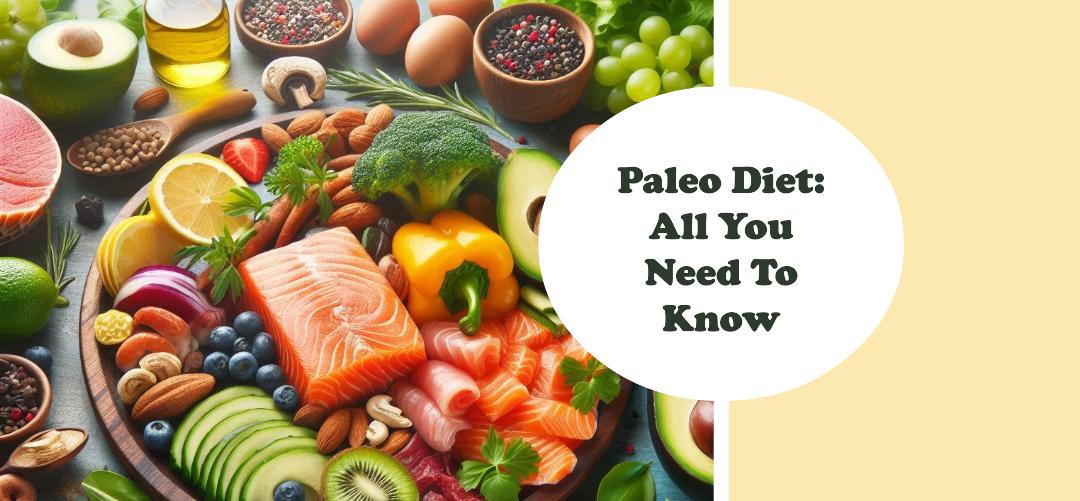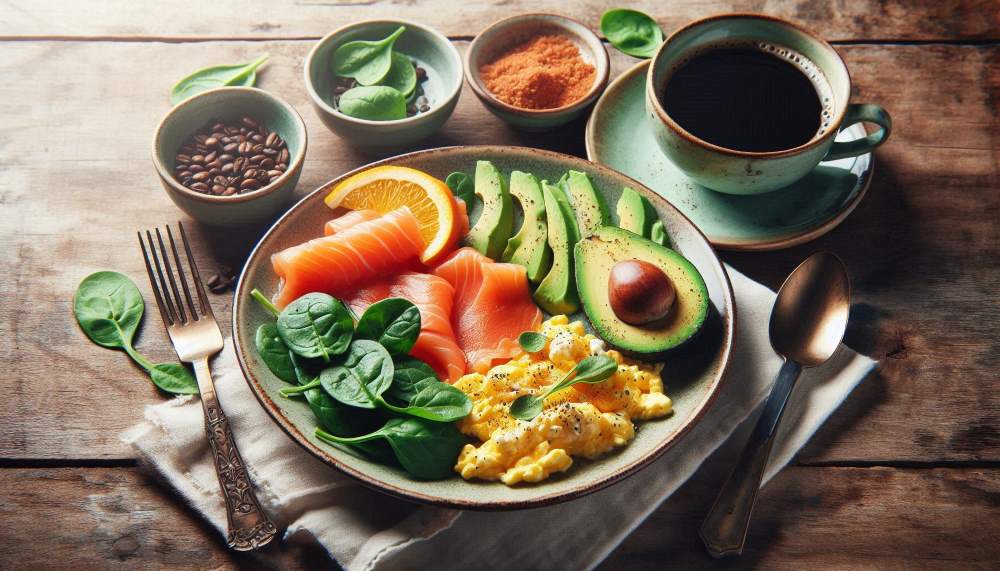Is Paleo Low Carb Diet Right for You? Uncover the Truth!
The Paleo diet, also known as the Paleolithic diet or the caveman diet, is a popular dietary approach that aims to mimic the eating habits of our ancestors from the Paleolithic era. It is based on the idea that our bodies are genetically adapted to the types of foods that were available to our early human ancestors.
One of the main characteristics of the Paleo diet is its focus on whole, unprocessed foods such as lean meats, fish, fruits, vegetables, nuts, and seeds. It eliminates processed foods, grains, legumes, dairy products, and refined sugars, which are believed to have been introduced much later in human history.
Low Carb Nature of the Paleo Diet
The Paleo diet is often considered to be low in carbohydrates compared to the typical Western diet. This is because it restricts or eliminates certain high-carb foods such as grains, legumes, and refined sugars.
Carbohydrates are one of the three macronutrients, along with fats and proteins, that provide energy to the body. They are found in a variety of foods, including fruits, vegetables, grains, legumes, and sugars.
While the Paleo diet encourages the consumption of carbohydrates from fruits and vegetables, it limits or avoids the intake of higher-carb foods like bread, pasta, rice, and potatoes. This can lead to a lower overall carbohydrate intake compared to a typical Western diet.
Potential Benefits of a Low Carb Paleo Diet
Following a low carb Paleo diet may have several potential benefits. Some studies suggest that reducing carbohydrate intake and focusing on whole, unprocessed foods can lead to weight loss, improved blood sugar control, and reduced risk of chronic diseases.
Weight Loss: Low carb diets have been shown to be effective for weight loss. By reducing carbohydrate intake, the body is forced to burn stored fat for energy, resulting in weight loss. Additionally, the high protein content of the Paleo diet can help increase satiety and reduce overall calorie intake, further promoting weight loss.
Blood Sugar Control: A low carb Paleo diet may also help improve blood sugar control, especially for individuals with type 2 diabetes or insulin resistance. By reducing carbohydrate intake, blood sugar levels can be better regulated, leading to improved insulin sensitivity and glycemic control.
Reduced Risk of Chronic Diseases: The Paleo diet’s emphasis on whole, unprocessed foods and its avoidance of refined sugars and grains may help reduce the risk of chronic diseases such as heart disease, type 2 diabetes, and certain types of cancer. High intake of refined sugars and grains has been associated with increased inflammation and an increased risk of these diseases.
Considerations and Potential Drawbacks
While a low carb Paleo diet may have potential benefits, there are also some considerations and potential drawbacks to keep in mind.
Restrictive Nature: The Paleo diet can be quite restrictive, especially for individuals accustomed to a typical Western diet. It eliminates several food groups, including grains, legumes, and dairy products, which may make it more challenging to meet nutrient needs, especially for certain vitamins and minerals.
Individual Variations: It’s important to note that not everyone responds the same way to low carb diets. Some individuals may thrive on a low carb Paleo diet, while others may not experience the same benefits. It’s always best to listen to your body and work with a healthcare professional or registered dietitian to determine the best dietary approach for your individual needs.
Long-Term Sustainability: One potential drawback of the Paleo diet is its long-term sustainability. The restrictive nature of the diet may make it challenging to follow for an extended period, leading to potential feelings of deprivation and an increased risk of disordered eating behaviors.
Incorporating the Paleo Diet into a Low Carb Lifestyle
If you’re interested in following a low carb lifestyle and incorporating some aspects of the Paleo diet, there are ways to do so without being overly restrictive.
Focus on Whole, Unprocessed Foods: Regardless of whether you follow a strict Paleo diet or not, prioritizing whole, unprocessed foods is always a good idea. This means emphasizing lean proteins, fruits, vegetables, nuts, and seeds, while minimizing the intake of processed foods, refined sugars, and grains.
Carbohydrate Sources: Choose carbohydrate sources that are lower in carbs and higher in fiber, such as non-starchy vegetables, berries, and other low-sugar fruits. These foods provide important nutrients while keeping carbohydrate intake in check.
Portion Control: Pay attention to portion sizes, even when consuming low carb foods. While certain foods may be lower in carbohydrates, they still contain calories and can contribute to weight gain if consumed in excess.
Frequently Asked Questions
Is A Paleo Diet Low In Carbohydrates?
Yes, the Paleo diet emphasizes whole foods and restricts processed carbs.
What Are The Main Sources Of Carbs In A Paleo Diet?
Main carb sources include fruits, vegetables, and some starchy tubers.
Can A Paleo Diet Be Effective For Weight Loss?
Yes, the Paleo diet’s emphasis on whole foods can support weight loss.
Are There Any Health Benefits To Following A Paleo Low Carb Diet?
A Paleo low carb diet may improve blood sugar levels and support heart health.
Conclusion
The Paleo diet can be considered low carb due to its restriction of grains, legumes, and refined sugars. Following a low carb Paleo diet may have potential benefits such as weight loss, improved blood sugar control, and reduced risk of chronic diseases. However, it is essential to consider individual variations and potential drawbacks, such as the restrictive nature and long-term sustainability of the diet. Incorporating the principles of the Paleo diet into a low carb lifestyle can be a balanced approach to healthy eating.





